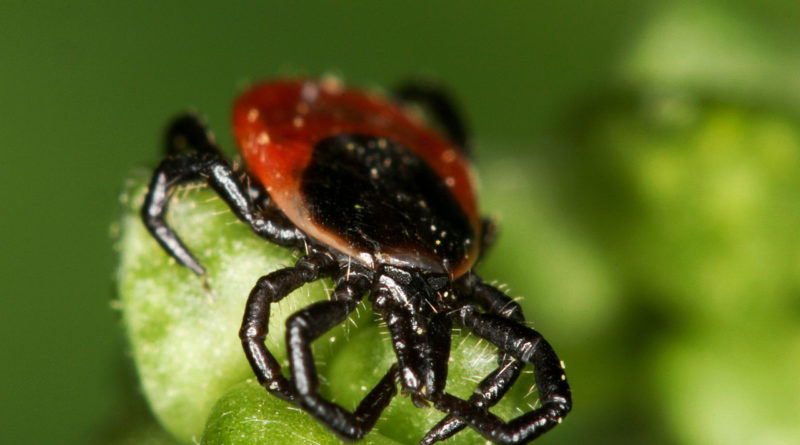Workshop: Prevention and self-protection against hematophagous vectors
TECNALIA, LOKÃMICA and LEITAT are organising on the 19th of October a joint workshop in Madrid about prevent and self-protection again hematophagous vectors.
The current technological era allows us to live a permanent interconnected reality, where Public Health is a continuous challenge. Climate change is changing the distribution of species, with pathogens vectors, which are causing thousands of deaths annually in large areas, of particular relevance.
The presentations focus on the anticipation of vector risk management (current, imported and remediation) and its relevance for Public Health. The necessary citizen involvement and the global and local challenges of information transfer. These are fundamental aspects such as the regulation of repellents used for self-protection, evaluation of their effectiveness and their role in vector management plans.
The conference was born with the aim of extending a message considered critical to minimize the risk of transmission of diseases by hematophagous arthropods such as ticks and mosquitoes: Vector management, understood as an efficient Integrated Vector Management (IVM) program, it is essential to integrate both environmental management measures and measures of self-protection (measures of personal protection antipicaduras).
In this sense, IVM demands the incorporation of new technologies, integrating varied knowledge, from robotics to the use of drones to achieve more efficient and less expensive environmental controls, until the industrialization of new anti-pest repellent tools.
OBJECTIVES
- Bring together both the public (Administration) and private (biocides industry) sectors to join efforts towards integrated vector risk management (arthropod vectors).
- Value the potential of repellent fabrics as new strategic tools for personal protection against pitting (auto-protection) of the first order. To place these tissues as biocidal products in the European market, subject to European regulation and in need of rigorous methodologies to evaluate their effectiveness.
- To convey the need to incorporate both environmental management and self-protection measures into local integrated vector management programs.
ADDRESSED TO
- Public administrations responsible for vector control
- Administrations responsible for the regulation of biocidal products
- Departments of R & D & I of companies related to technical textiles
- Textile companies interested in internationalizing their innovative products
- Universities and research centers
- Professional sectors with high risk of vectorial transmission: veterinarians, biologists, environmental agents, forest agents, forest firefighters, forest workers, etc.
Download the flyer with the agenda here.
More information and registration on TECNALIA’s website

